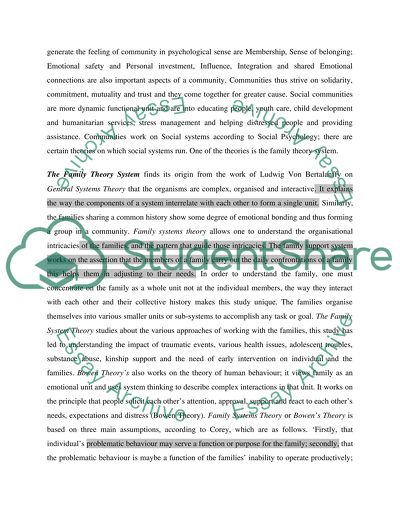Cite this document
(“Strong communities sharing similar needs can be a critical resource Dissertation”, n.d.)
Retrieved from https://studentshare.org/family-consumer-science/1410423--strong-communities-sharing-similar-needs-can-be-a
Retrieved from https://studentshare.org/family-consumer-science/1410423--strong-communities-sharing-similar-needs-can-be-a
(Strong Communities Sharing Similar Needs Can Be a Critical Resource Dissertation)
https://studentshare.org/family-consumer-science/1410423--strong-communities-sharing-similar-needs-can-be-a.
https://studentshare.org/family-consumer-science/1410423--strong-communities-sharing-similar-needs-can-be-a.
“Strong Communities Sharing Similar Needs Can Be a Critical Resource Dissertation”, n.d. https://studentshare.org/family-consumer-science/1410423--strong-communities-sharing-similar-needs-can-be-a.


